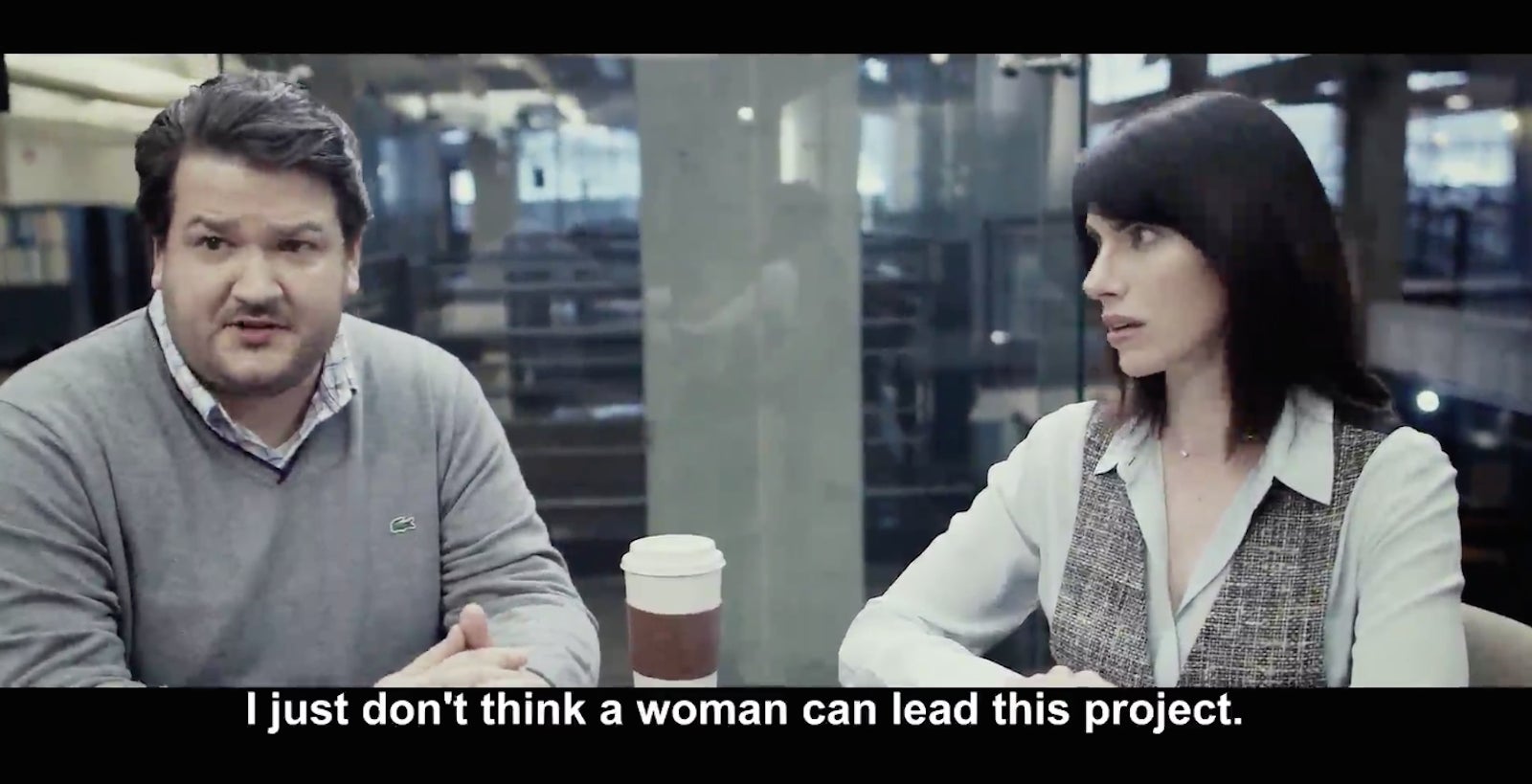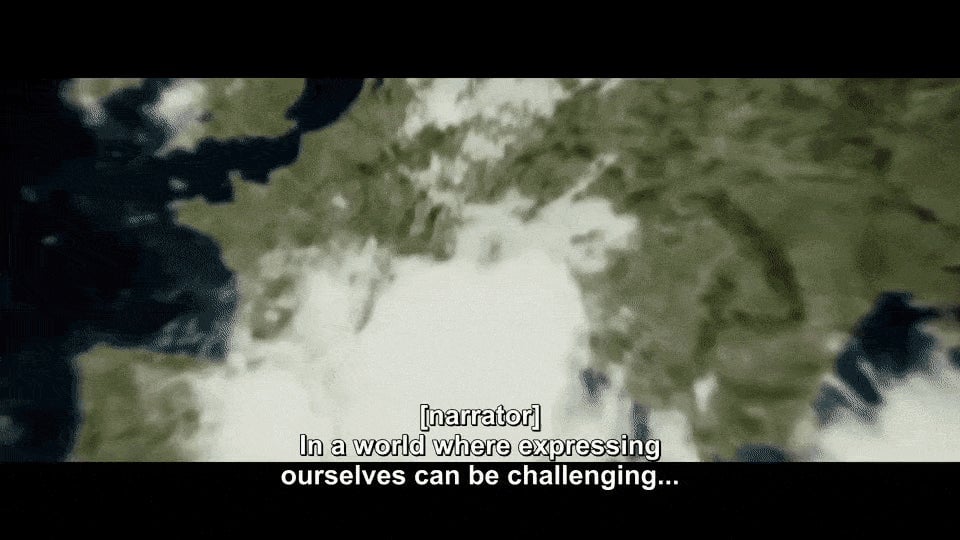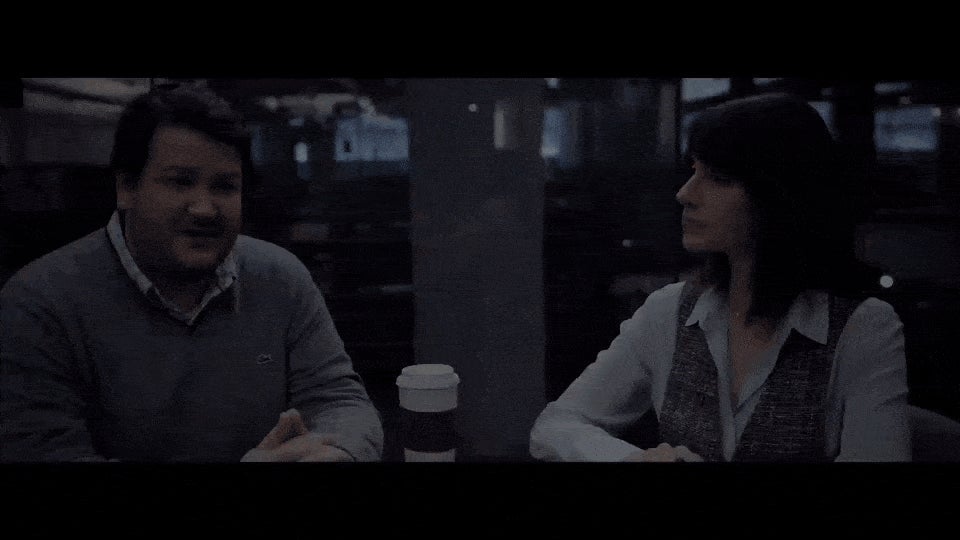Watch: Stephen Colbert’s former comedy troupe makes hilarious corporate training videos
The Chicago-based improvisational comedy group Second City counts some of America’s greatest—and most irreverent and profane—comedians among its alumni. John Belushi, Bill Murray, Julia Louis-Dreyfus, Stephen Colbert, Tina Fey, and Keegan-Michael Key are just a few of the dozens of comedy stars the group has churned out since 1959.


The Chicago-based improvisational comedy group Second City counts some of America’s greatest—and most irreverent and profane—comedians among its alumni. John Belushi, Bill Murray, Julia Louis-Dreyfus, Stephen Colbert, Tina Fey, and Keegan-Michael Key are just a few of the dozens of comedy stars the group has churned out since 1959.
Now, the troupe whose members once dreamed up the frat-tastic comedy Animal House has become known in corporate circles for its training videos on office etiquette. Its next project is to transform the way companies approach diversity training.
That the comedy club, theater, and school is sharing its team-building skills is not so surprising. In fact, its team approach to sketch comedy has made it a popular recruiting ground for TV shows such as Saturday Night Live.
“The skills that it takes to be a successful improviser at Second City are generally those that make you a better human,” Brynne Humphreys, the director of the Second City Works program, says. “More specifically, they make you a better team member in an inclusive team.”
Second City Works has been making satirical videos called Real Biz Shorts for sales and management training programs for the past 20 years, Humphreys says. Many of these videos feature actors from Second City’s main stage in Chicago, where most of its famous alumni have performed. The videos tend to be more tongue-in-cheek than laugh-out-loud funny, skewering office archetypes and boorish workplace behavior.
In the past three years, Second City Works has become increasingly important to the comedy shop’s bottom line, Humphreys said. Its revenue has grown by 67%, and the department now makes up a third of Second City’s overall revenue. Humphreys attributes this growth to organizations’ increased investment in their employees’ soft skills. ”Ideas like empathy, vulnerability and emotional intelligence weren’t common in the business landscape decades ago,” she says. “Now, they are seen as critical to success.”
Diversity and inclusion have also become a priority. To that end, the enterprise software company SAP came to Second City Works last year to ask for help putting together a training program for all 78,000 of its employees. It was a tall order, especially considering Second City Works had not produced diversity training videos before.
Humphreys and her team worked with SAP’s internal educational department, as well as diversity experts from the consultancy Korn Ferry, to write and produce six custom educational videos for SAP. The videos, which will be rolled out to SAP employees worldwide starting in August, address differences in culture, gender, sexual orientation, and age, and, ultimately, aim to show how embracing these differences can make a team better.

Again, the troupe’s experience in comedy has come in handy. “We are well-versed in dealing with tricky topics and not playing into stereotypes,” Humphreys said. “Our comedic expertise is in finding the truth and highlighting that.”
She points to the television show The Office as an example of how this approach plays out in the training videos. The show, which stars Second City alum Steve Carrell, wrings humor from office stereotypes, and its quirky cast of characters remind many of their own co-workers.
“Everyone knows a Dwight Shrute,” Humphreys said. “You’re laughing at the familiarity, which opens up some space to talk about it.”

Second City Works is currently developing its own diversity and inclusion series, similar to the one it did with SAP, but without the specific branding.
“To be able to make content about diversity feels very important to us,” Humphreys says. “The plan is to keep growing and reach as many organizations as possible.”
